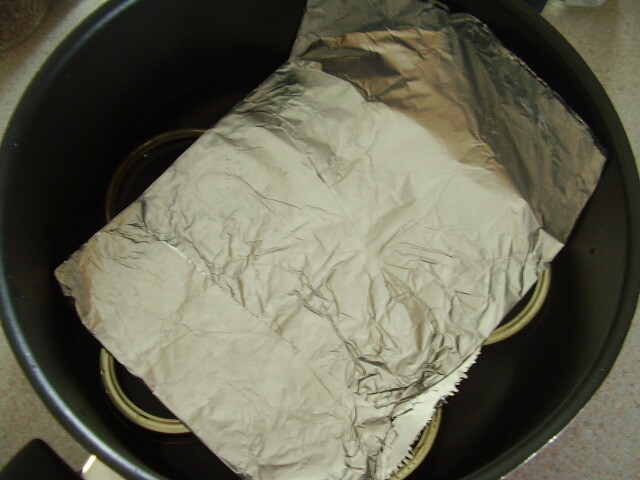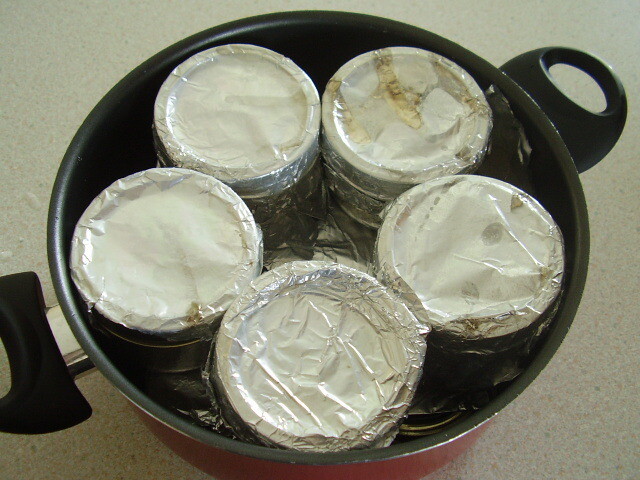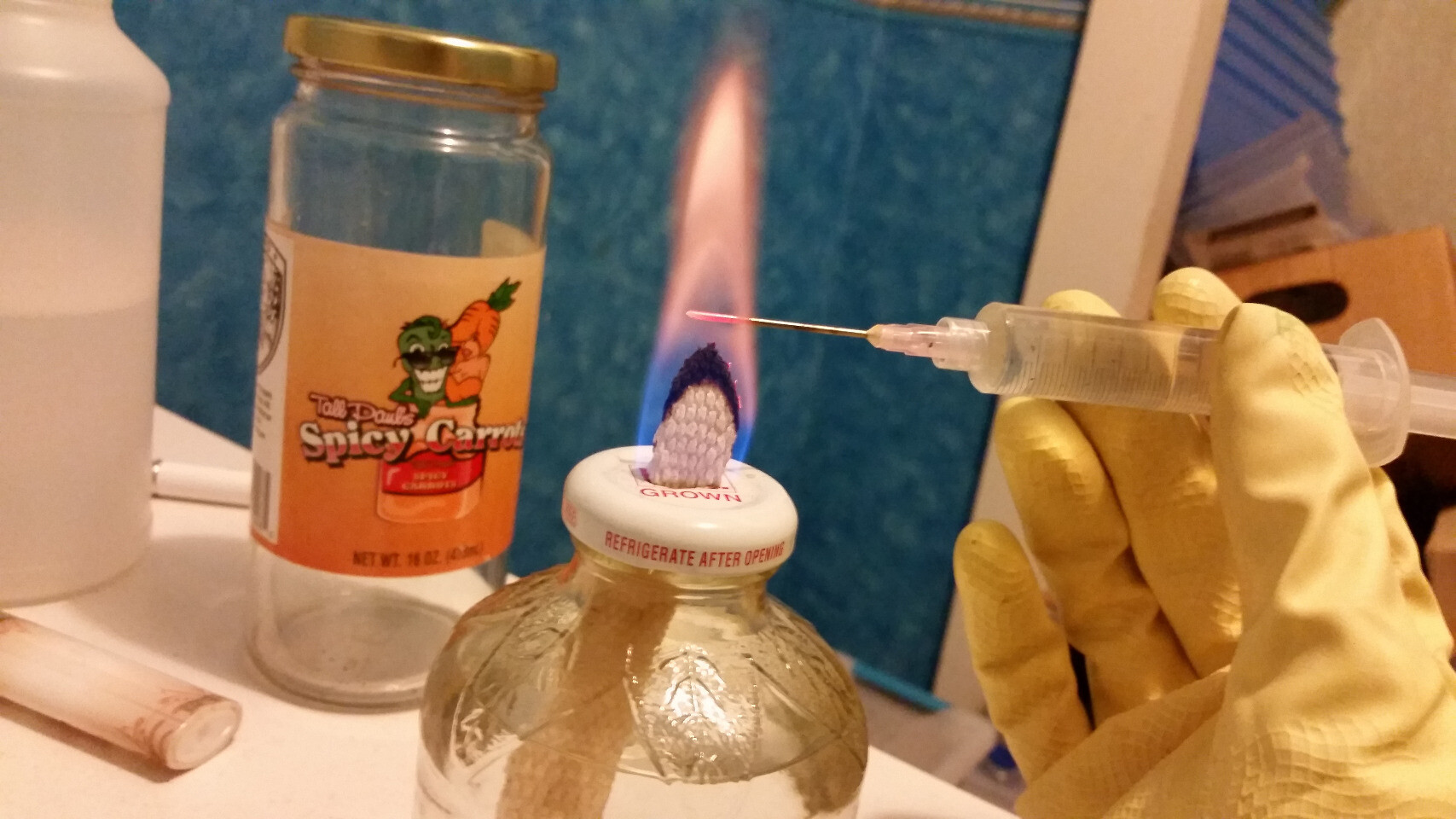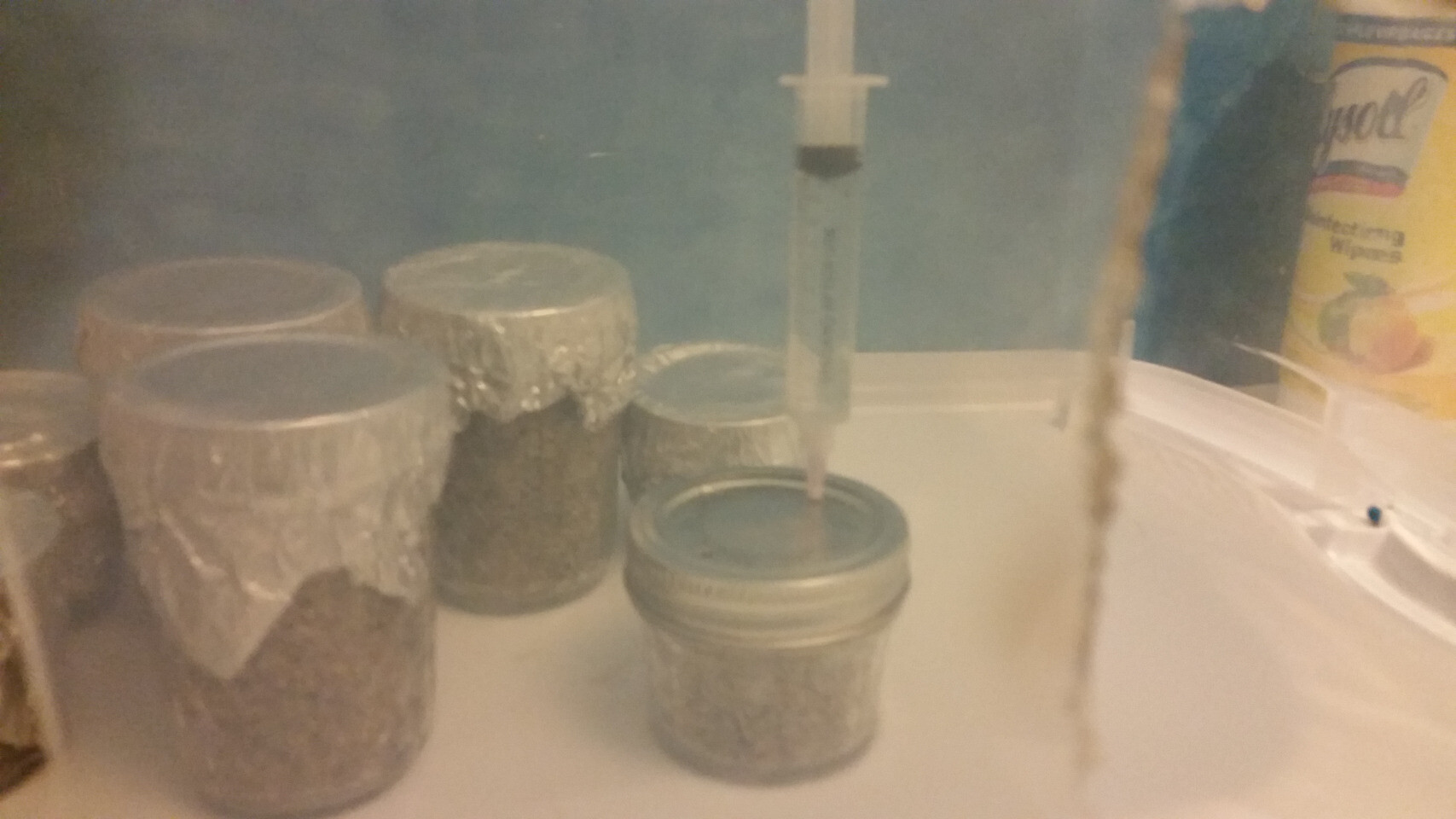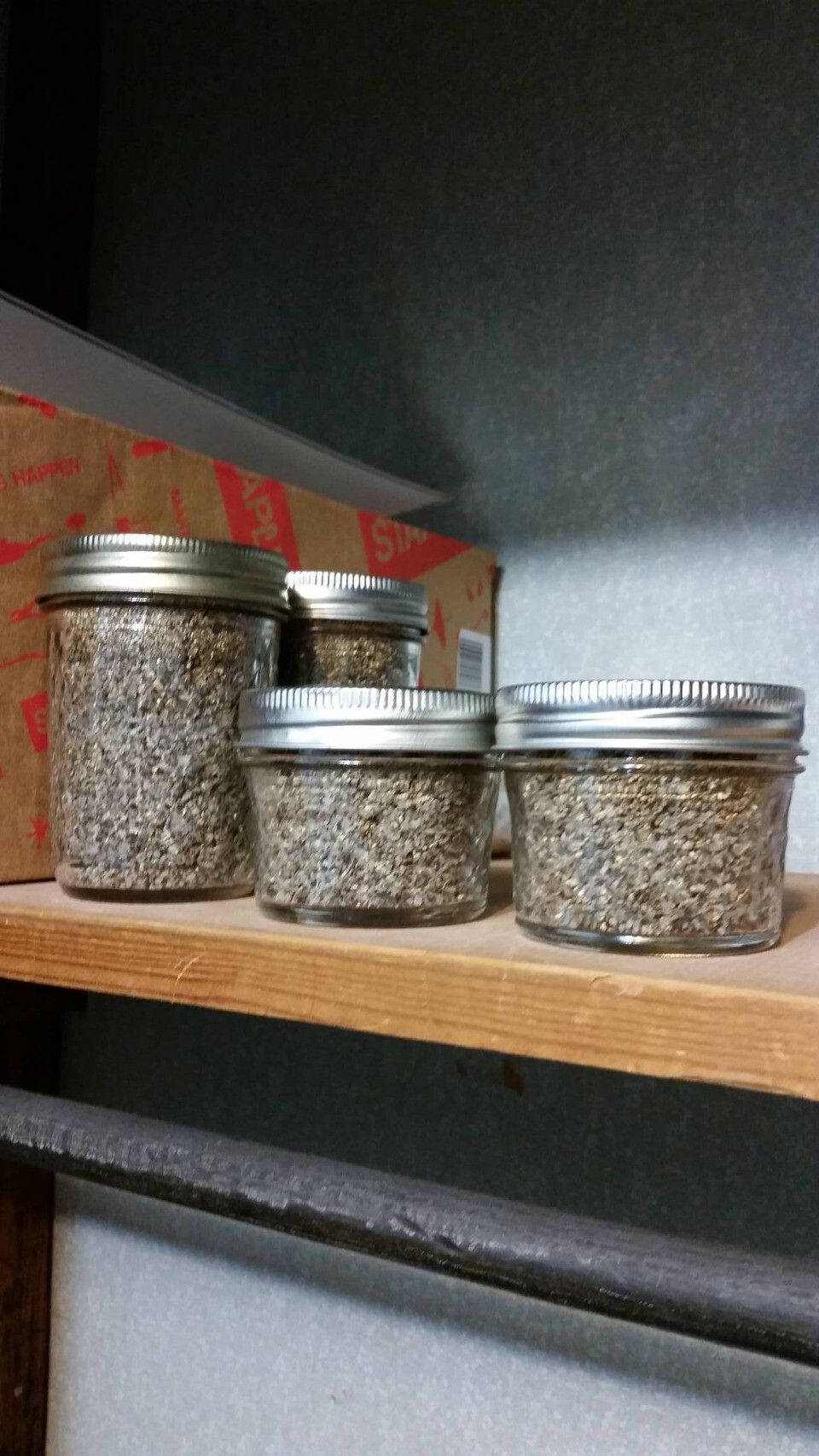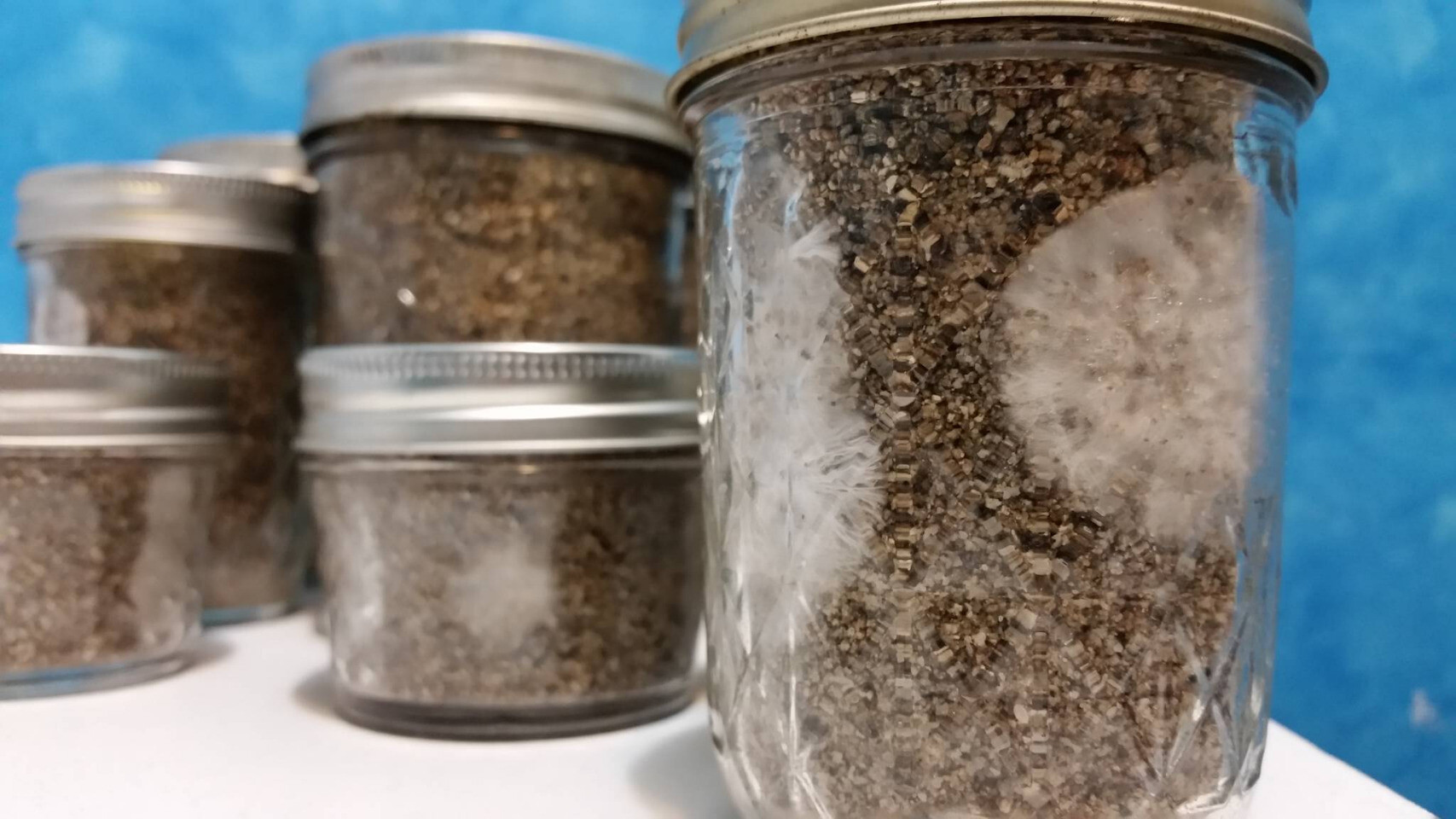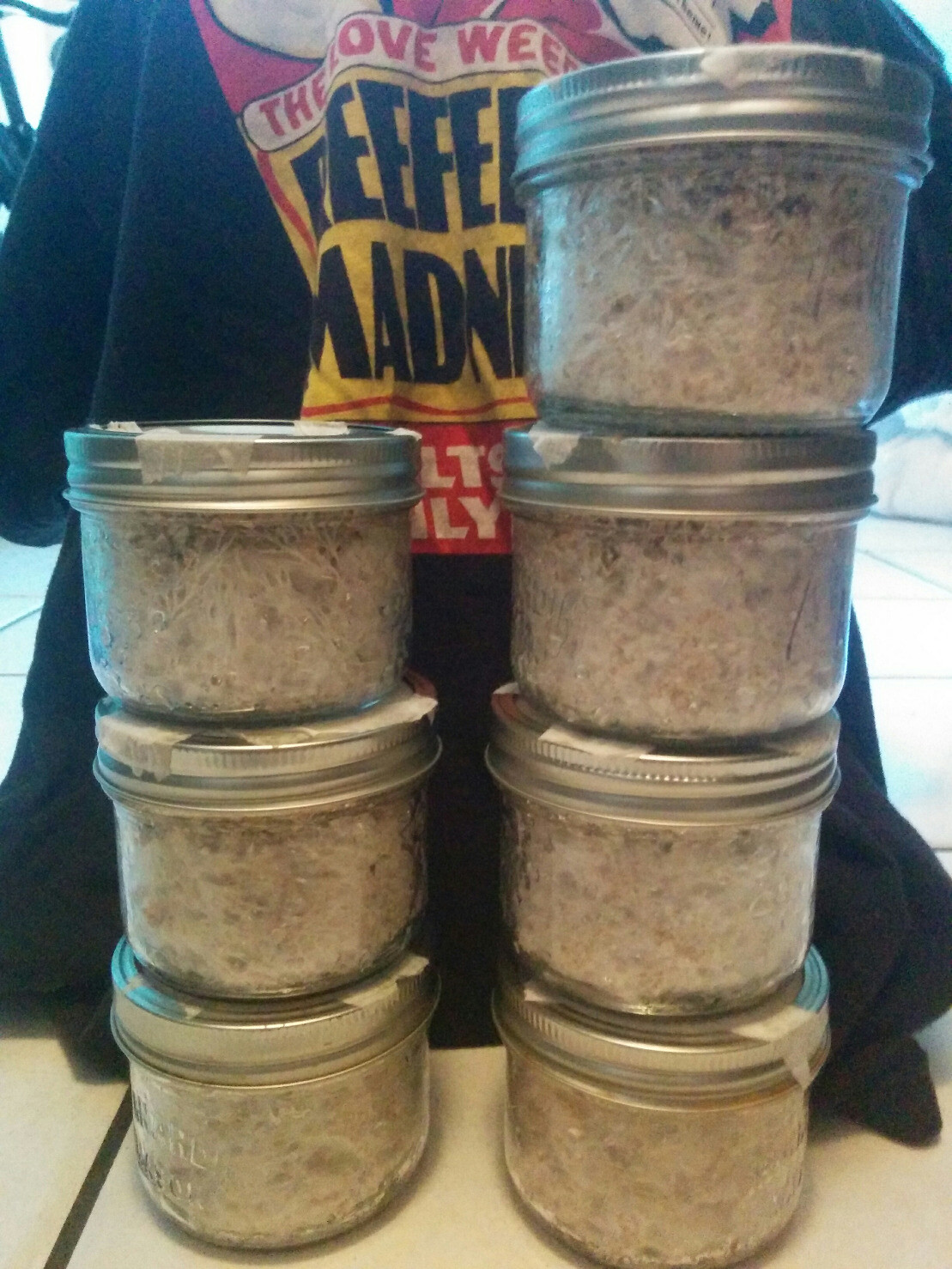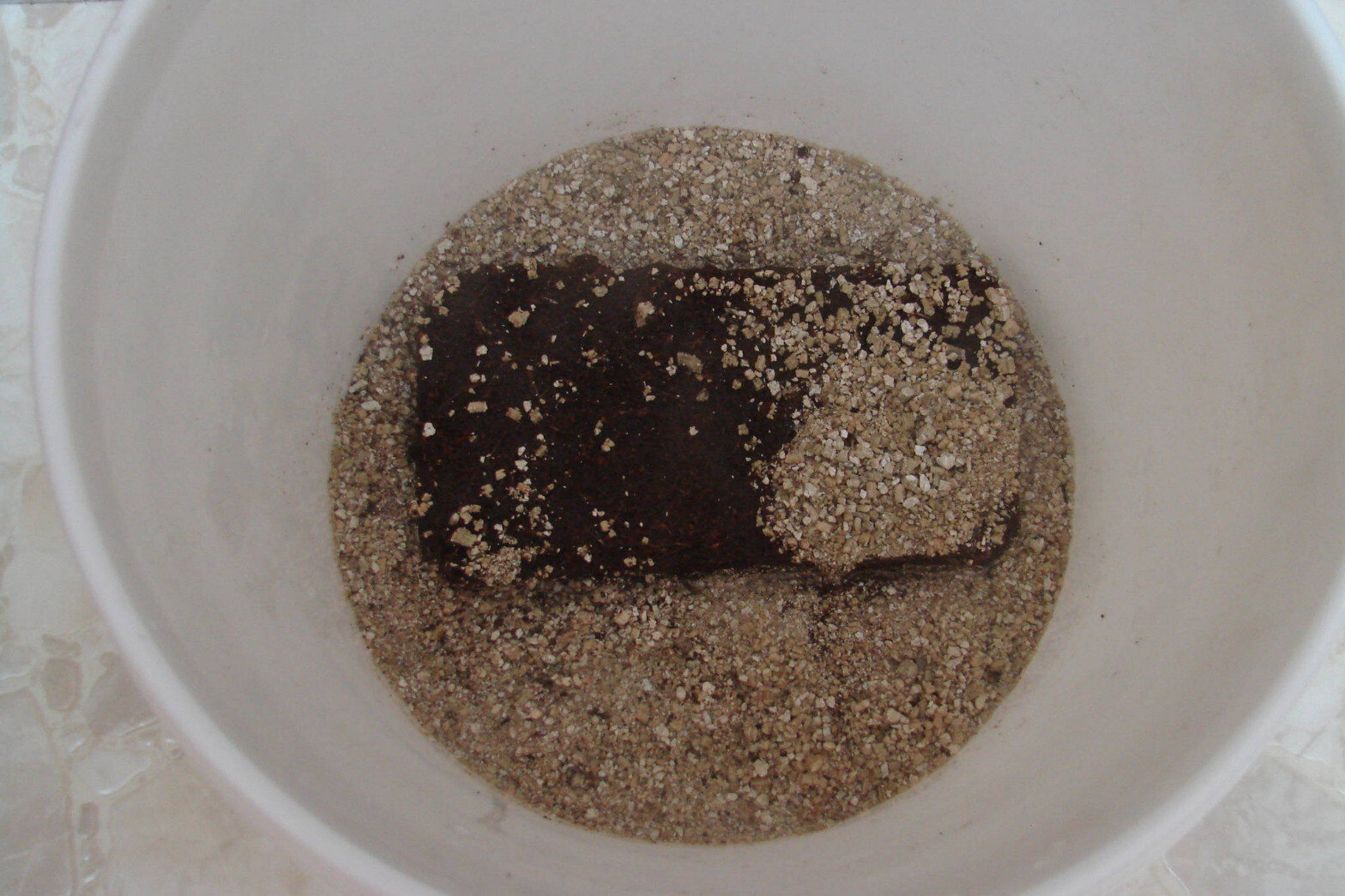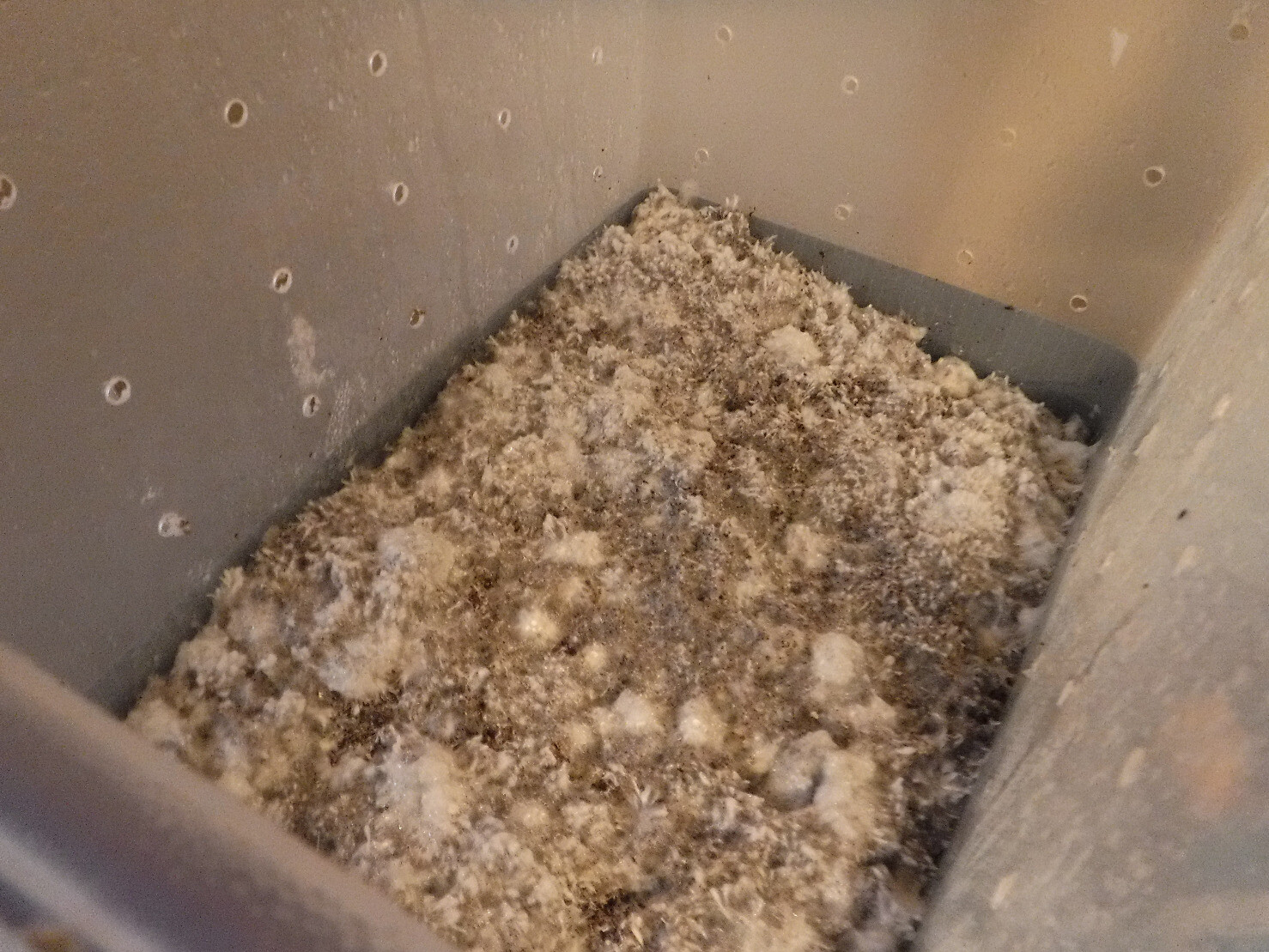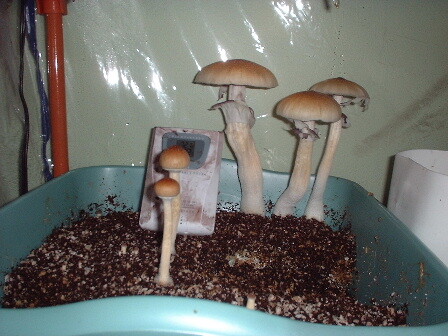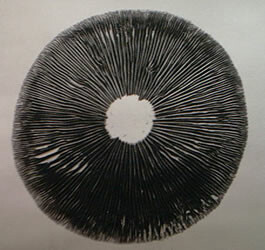Pages 283-293
The reading for this week is the beginning of the process of taking all of this complex, abstract and somewhat obtuse theory and grounding it in something tangible, in this case labor. Remember, when we discussed labor earlier that discussion tended to revolve around the concept of the labor theory of value or the positionality of labor within the wider dynamic of circulation.
These ideas are critical to understand, but throughout this discussion there is something lacking, namely a discussion of what labor even really is. That seems like a silly, self-evident element of everyday life, but it is actually a much more complex idea than we often allow it to be. For example, during this clapter Marx will differentiate between work, labor and labor-power. But, even beyond that the concept of labor is fundamentally bound up with the social structure of labor and the relationships between power, knowledge and our understandings of the world.
The concept of labor that has carried itself through the trajectory of Western philosophy is a concept that makes a series of difficult to identify assertions about life, and our relationship to the world. These assumptions are so commonly held that they almost disappear into a sense of unstated normality. But, core to this question, in its traditional understanding, is a very clear, and very problematic, concept of the human.
This conception of the human, which finds a clear early expression in Aristotle, will sound very familiar. It is the concept that there is a fundamental separation between the human and everything else, grouped under the concept of nature. This separation is typified by a dynamic of extraction and domination, namely that “nature” is the dominion of the human. Clearly this idea carried over into Christianity, through the Book of Genesis.
But, coupled with this idea is a specific concept of how we create, or what the process of making something entails. Within this Aristotelian conception the human functions in a relationship with nature in which the human has total sovereignty. This means that, not only can the human extract whatever they need, but also that “nature” is a sort of passive and inert substance. When we make something, say carving something out of wood, within this understanding of the world that carving transfers directly from the mind to the object, with the material presenting no resistance to human action.
Now, anyone that has ever carved wood or, in my case I mess around with amateur metal machining and fabrication, knows that materials all have tolerances, unevenness, gaps, areas which present different resistances, flows that move cleanly through a material and so on. A wood carving needs to take grain into account, as a really simple example, but also if one is welding the metal can warp due to heating differentials. None of that can possibly exist within this traditional understanding of the separation between “human” and “nature”.
There is a lot more to say on this topic, and someday I plan on doing a seminar on the concept of production and the dynamic between the concept of the human and the materiality of prosthetic tools. It is not time to dive into this here, now, but if you are interested I would recommend the Technics and Time series by Bernard Steigler or War In The Age of Intelligent Machines and Thousand Years of Nonlinear History by Manuel Delanda.
For now, what is relevant are two points that I will briefly summarize before getting into the heart of the notes. The first is that this traditional conception of production is something that a lot of Marxists impose into Marx; this is the entire basis for the 5 Year Plans, for example. But, as we will see, that reductionistic reading misses a lot of really critical nuance. Secondly, it is in this nuance that we can begin the process of understanding wage labor and the ways that labor is commodified, as well as the ontological impacts of that. We will leave the commodification, valorization, process for next week, and will focus on this understanding of labor presented here for this series of notes.
So, sit back, relax and enjoy!
- Immediately Marx makes a subtle distinction which is very core to the arguments here. This distinction is between work and labor. The worker is defined through the lens of capitalist production, it is one who sells their potential labor as part of the production process. In the process of becoming-worker a metamorphosis of activity occurs, in which it is taken from a fundamental and simple form and inserted into a different mode of occurrence.
To exist one must possess the potential for activity; to not have the potential to act is to literally describe death. Though these possibilities must exist for one to exist, that does not mean that all of these potentialities are manifested. This potentiality of action, therefore, serves as a sort of labor in waiting, time and effort that can be turned toward a task.
In the construction of labour-power, or labor that has been utilized as part of a mode of a commodified mode of production, the individual is specifically selling this potential labor. During this process a space is opened between the production process itself and the social context of that production. In other words, in the process of labor becoming labour-power or work the social context of labor has been inserted into the dynamic, allowing for the commodification of labor to even be possible. Labor itself is a separate category, independent from the social context of labor, which comes to shape and channel labor. It is in this locality that the structure of power comes to impact the possibilities of activity.
On a second level another gap is opened, this time between the value produced and its circulation within capitalism. This separation has been discussed before, but the point takes on a slightly different shape here. To the degree that labor and the social context of labor are not inherently connected (there are many different social contexts in which labor can occur, and none are essential for labor to occur), this then comes to form the basis of the separation of value created and value circulated. When labor as such occurs the result is the production of use value. It is in the insertion and imposition of a specific context for labor in which this value gets rendered irrelevant, and the object can begin to express the exchange value that ultimately constructs the object as a commodity. It is in these separations that Marx can talk about workers being separated from the products of their labor; that labor ceases to be labor as such and becomes work through its insertion into commodity circulation.
“Hence what the capitalist sets the worker to produce is a particular use-value, a specific article. The fact that the production of use-values, or goods, is carried on under the control of a capitalist and on his behalf does not alter the general character of that production. We shall therefore, in the first place, have to consider the labour process independently of any specific social formation.” (283)
- Labor, in this basic and fundamental form, prior to the question of social context, is framed here through a concept of a conflict between human and nature. There are an entire boatload of caveats in these statements, of which we will be focused on a few. Before diving into the complications it makes sense to discuss the traditional understanding of labor and its relationship to “nature”, as well as the Leninist interpretation of this (which is, surprisingly, super reductionistic and flat out wrong).
The traditional conception of labor has a number of different roots, including Aristotle and later the Bible. In these narratives this conflict between human and “nature” is based on a number of assumptions. Firstly, there is an assumption that the categories of human and nature are clear and absolute in their separation. This concept is one grounded in the arrogant narrative of “human reason”, and a lack of understanding of the non-human. It also essentializes the human as a thing when, if we follow thinkers like Bernard Steigler here, the human is more identified by the uses of what it is not, namely what Steigler terms prostheses, or, in other words, tools. Consequently this posits some essential characteristic to “nature” as well. These essentializing narratives would literally require understanding the totality of all possible things in all possible ways to even begin to venture some sort of discourse around.
The second element if this traditional understanding is centered around a domination narrative. In Leninist thought this conflict between the human and nature is one in which the task of the human is to dominate nature, to extract from it what is necessary, and to do so as some sort of absurd concept of political duty; this becomes very clear in the early Soviet modernization programs and later in the farm collectivization program and other state central planning processes. This narrative rests on the first, and then attempts to essentialize conflict as something with a victor and a conclusion. Conflict, however, is a much simpler concept, and means nothing more than the non-sameness of things, or the discordance between two entities, but not necessarily antagonism or domination. All of that content is being added in retroactively and used to support points that drift pretty far from this narrative.
These two assertions come together to form a narrative in which the natural is nothing but inert material that is able to be readily manipulated by the human without any resistance. The deficiencies of this understanding are obvious for anyone that has ever done wood or metal working. Both disciplines are largely centered around how to work with and compensate for irregularities and features of the material itself. For example, when welding one needs to tack down the pieces to one another at various points throughout the welding path, prior to actually welding the seam. This is because welding adds significant heat to the material, which causes distortions to the material and causes its shape to change. So, far from an inert and passive medium, the material itself presents distinct features that we are in “conflict” with during the act of making something.
There is plenty of language in this section of the chapter that seems to be pushing in this traditional direction, with concepts of sovereignty, power and some inherent separation between human and “nature. However, interspersed with that language you will find quotes (like the one below) in which it becomes clear that something more complex is going on here. Far from just repeating some sort of dogmatic humanism, Marx is actually expressing what, for the time, was a highly complex understanding of the interplay between laborer, material and ontology.The natural in the narrative Marx is crafting here is not one of a passive and definitive nature wholly separate from the human. Rather, this narrative is centered around a dynamic between labor and material, where the “natural” is an active and dynamic space that presents “forces” (to use Marx's term) that are acted upon by labor to ultimately produce a thing that is the result of both labor and the features of the material, or nature.
This allows us to think through a few questions that would be impossible to understand if we think of nature in this Aristotelian/Leninist framework of passive inert nature. Firstly, we would never be able to describe failure. If “nature” were a passive entity acted upon unilaterally by the human, then there could never be any mistakes in the process of taking concept and manifesting it in concrete form. Secondly, and this is critical later when we discuss value and price in the next section, without being able to speak of “nature” as a dynamic entity that is in flux, we can never discuss decay or degradation.
In this dynamic labor, prior to commodification, is in a dynamic with “nature”, or material, typified not by unchallenged human activity and inert materials, but is, rather, a dynamic based in intent and conflict. The shape of the object and material acts of construction exist in a dynamic between laborer and “nature”, making the resultant creation one that is inherently connected to both the laborer and the material in a particularized sense.
“Labour is, first of all, a process between man and nature, a process by which man, through his own actions, mediates, regulates and controls the metabolism between himself and nature. He confronts the materials of nature as a force of nature. He sets in motion the natural forces which belong to his own body, his arms, legs, head and hands, in order to appropriate the materials of nature in a form adapted to his own needs. Through this movement he acts upon external nature and changes it, and in this way he simultaneously changes his own nature.” (283)
- The tool functions as the medium through which human and material interact. Marx is speaking of this in a highly foundational way, namely that all prosthetics are tools, and tools are necessary for humans to make anything. For example, one cannot carve wood without a tool, or can't fight animals without weapons (we are kind of weak, slow and soft, and don't have claws or big sharp teeth). Even on the basic level of using a rock as a projectile, the object that we throw is a tool.
As with material, the tool itself presents additional and shifting resistances. Tools and the materials they are made of have limitations. Metal, for example, cannot cut harder metals. These tools also degrade, change shape, fail in their tasks. This is all added into the aggregate contingency of the nuances of the material, the skills and capability of the laborer and the social and political conditions of production to construct a far more complex relationship than one would ever derive from reading Lenin.
“An instrument of labour is a thing, or a complex of things, which the worker interposes between himself and the object of his labour and which serves as a conductor, directing his activity onto that object. He makes use of the mechanical, physical and chemical properties of some substances in order to set them to work on other substances as instruments of his power, and in accordance with his purposes. Leaving out of consideration such ready made means of subsistence as fruits, in gathering which a man's bodily organs alone serve as the instruments of his labour, the object the worker directly takes possession of is not the object of labour but its instrument. Thus nature becomes one of the organs of his activity, which he annexes to his own bodily organs, adding stature to himself in spite of the Bible. As the earth is his original larder, so too it is his original tool house. It supplies him, for instance, with stones for throwing, grinding, pressing, cutting, etc. The earth itself is an instrument of labour, but its use in this way, in agriculture, presupposes a whole series of other instruments and a comparatively high stage of development of labour-power.” (285)
-The process terminates in the object that is produced in this dynamic, and that object, regardless of social form, carries use-value along with it. This use-value is not some sort of direct transference of human idea onto inert material, but is rather a product of labor undertaken on a dynamic material, in a dynamic moment in history, using tools that only exist in a particular way in any moment. This fundamentally binds the production of the object to the particular time and space of its production, and not in the generalized, depersonalized, generic form we infer from mass production. The mass produced object does not escape this dynamic, but that is a topic for Chapter 15.
The product, however, is not some sort of final point of termination. As we can derive from the concept of the labor theory of value, or even just a basic understanding of the logistics of supply chains, products become bound up in the production of other products, and this complicates the relation between object and use-value. Within capitalist production resources are consumed, all of which were products from former acts of production. In this form the use-value of the object becomes directly bound up with the circulation of commodities, and begin to function purely on that basis. This debases the object from direct use-value, and begins to redefine use-value around the terms of exchange-value.
“The process is extinguished in the product. The product of the process is a use-value, a piece of natural material adapted to human needs by means of a change in its form. Labour has become bound up in its object : labour has been objectified, the object has been worked on. What on the side of the worker appeared in the form of unrest [Unruhe] now appears, on the side of the product, in the form of being [Sein], as a fixed, immobile characteristic. The worker has spun, and the product is a spinning...Although a use-value emerges from the labour process, in the form of a product, other use-values, products of previous labour, enter into it as means of production. The same use-value is both the product of a previous process, and a means of production in a later process. Products are therefore not only results of labour, but also its essential conditions.” (287)
- For next time we will be working through the second part of this chapter, where we start to see how the process of production gets appropriated within the process of capitalist production.

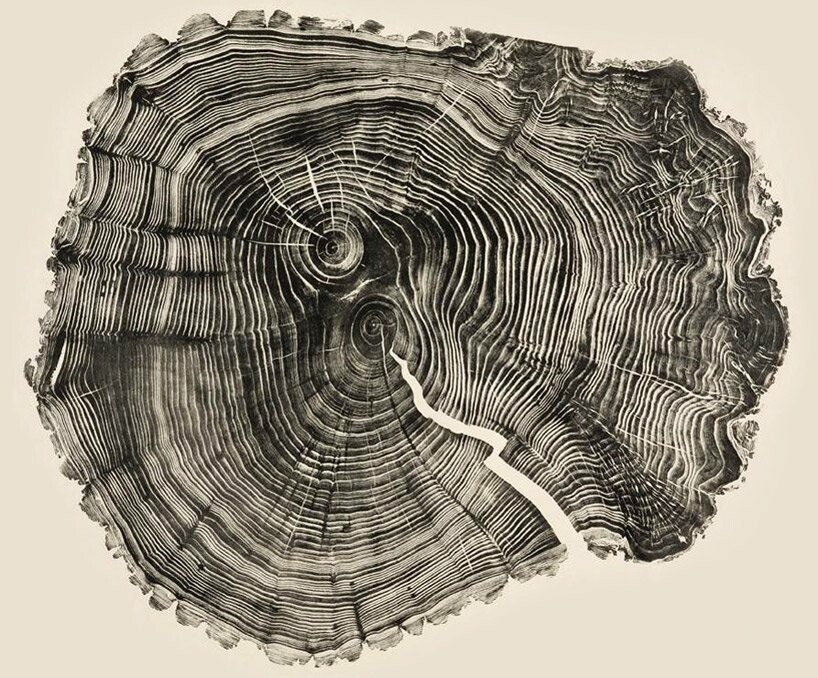

 Byblis, William-Adolphe Bouguereau
Byblis, William-Adolphe Bouguereau
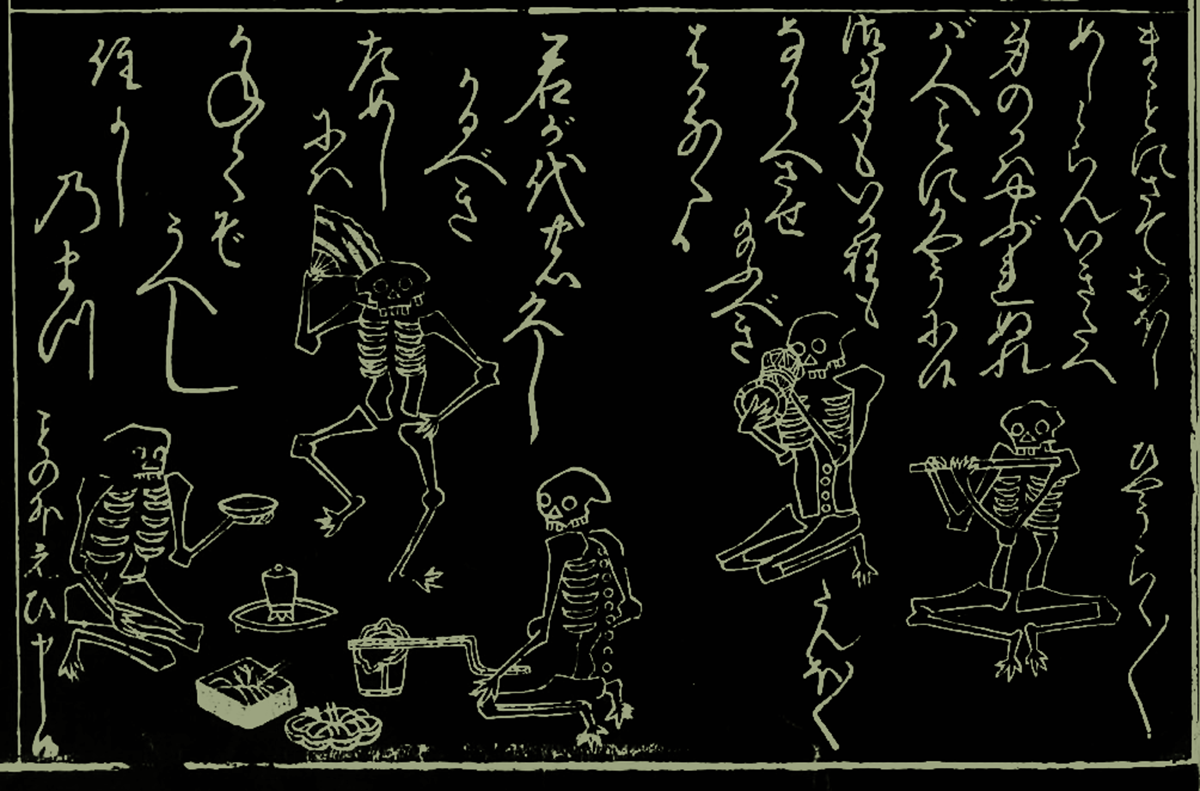 page from Ikkyū Sōjun's notebook
page from Ikkyū Sōjun's notebook